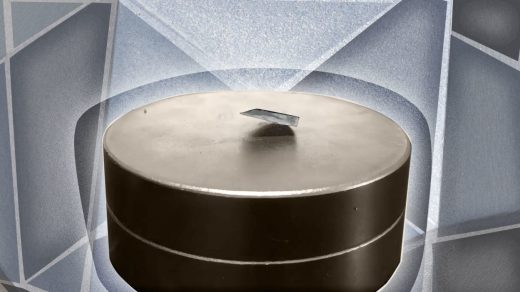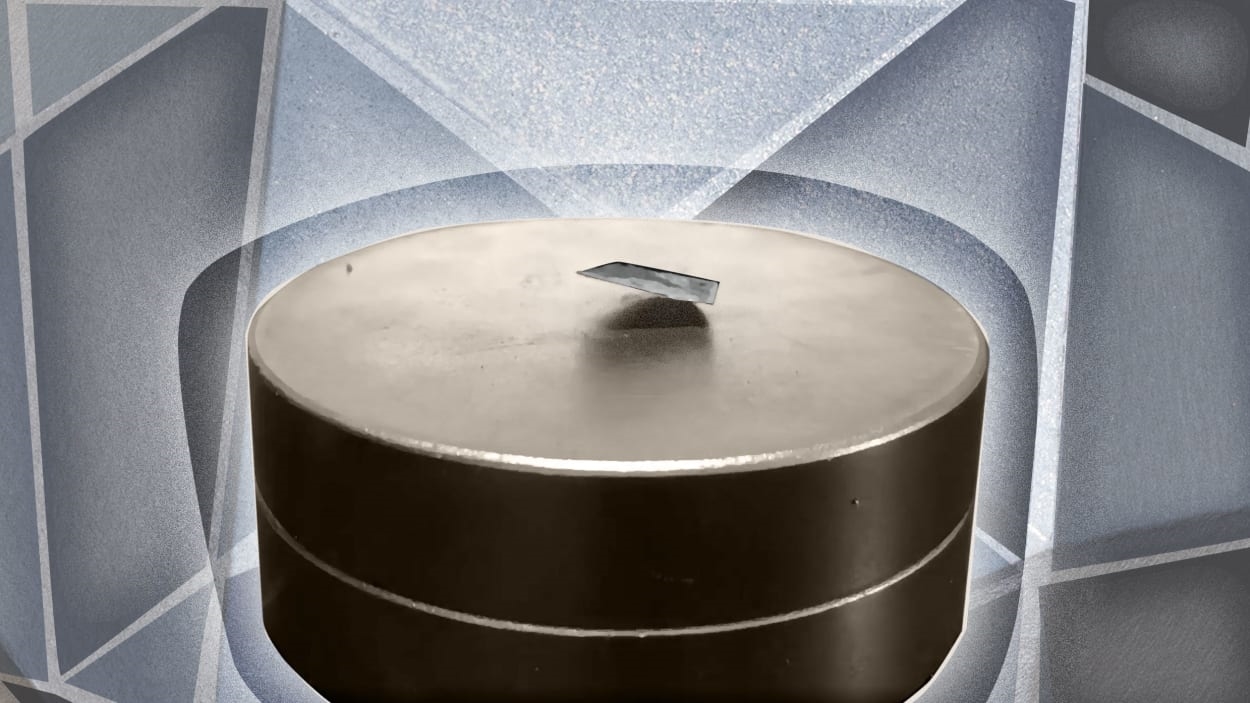The LK-99 superconductor could be world changing or a total hoax. Here’s why you should care either way
Outside of Sheldon Cooper and The Big Bang Theory, physics generally isn’t part of the day-to-day conversation for most people. But a recent claim from scientists has everyone paying attention. A trio of physicists claims to have created a superconductor, dubbed LK-99, that works at room temperature and ambient pressure.
In basic terms, that means they might have discovered a material that can conduct electricity with no notable resistance, meaning it loses zero energy. And, if that’s true, it could be world altering.
What does it all mean?
How big of a deal is this? Picture everything from sci-fi-esque devices like levitating trains to electronics and computers that respond significantly faster to ultra-efficient continent-spanning power lines that could help address climate change. They’d take a big leap forward with a room temperature superconductor.
Other uses include MRI machines that wouldn’t need to be cooled so tremendously. Desktop quantum computers could become a reality. And the days of your computer or smartphone overheating? Those could be history.
How do superconductors work?
Superconductors, in and of themselves, are nothing new. They were first discovered a century ago, but at the time, could only be run at ridiculously cold temperatures (-459.67 degrees Fahrenheit), limiting their practical applications. Advances have since been made in the field, and superconductors are today used in everything from MRI machines to electrical transformers, but still require substantial power to remain cool.
As a result, a room-temperature superconductor has become one of the holy grails of physics—and there’s all sorts of excitement surrounding this most recent announcement.
The discovery of LK-99 comes from a trio of South Korean researchers. But, just like an episode of The Big Bang Theory, there’s a hiccup or two when it comes to room-temperature superconductors.
Why is there so much skepticism?
First off, the paper has not yet been peer-reviewed, nor has anyone successfully re-created the results of the LK-99 research.
Meanwhile, this isn’t the first big announcement in the world of superconductors. Ranga Dias, a physicist at the University of Rochester in New York, was part of a team that also claimed to have made a breakthrough in room-temperature superconductors, first in 2020 (that paper was subsequently retracted), then again in March of 2023. On Wednesday, however, a prominent physics journal retracted an earlier paper Dias had authored, amid accusations of research misconduct. While the retracted paper had nothing to do with the superconductor research, it adds a level of skepticism to his group’s claims, which were already fairly heavy.
Dias has denied that any misconduct occurred in the previous work and said it contained no data manipulation or fabrication. However, Dias’ work cannot be verified easily because re-creating his superconductor material requires extremely high pressure and obscure tools like “diamond anvil cells.”
The LK-99 research has no connection to Dias, however. Plus, the material can be made with regular tools, so it’s expected we will know fairly quickly whether these results can actually be replicated.
“We believe that our new development will be a brand-new historical event that opens a new era for humankind,” the researchers wrote in the paper.
When will we know if it actually works?
It’s still unclear whether LK-99 will turn out to be the real deal. But perhaps we’ll see some possible indications before the weekend. One Twitter user, Andrew McCalip, who builds space capsules as his day job, has launched an effort to re-create the superconductor based on the paper’s specifications. He could be finished with his model as soon as Friday, he estimates. But physics enthusiasts are already having fun predicting the advances that could come if LK-99 is, in fact, something that lives up to its potential.
“I don’t think people fully grasp the implications of an ambient temperature/pressure superconductor,” wrote Alex Kaplan, a graduate of Princeton physics, in a Tweet-thread. “I cannot contain my excitement. It feels like January of 2020 with a huge wave coming that no one realizes yet, but in a much better way. What a time to be alive!!”
(9)



